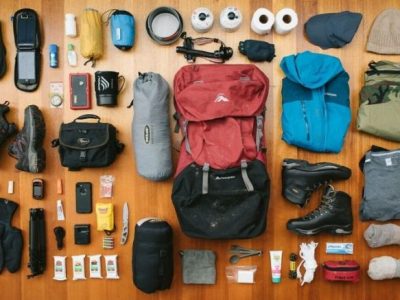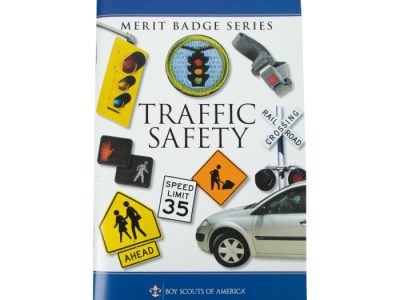Sports Merit Badge Record Keeping: A Comprehensive Guide explores the significance of the Sports Merit Badge in the Scouting program, delving into its historical context and the evolution of its requirements. This guide provides a detailed overview of record-keeping methods, data collection, analysis, and reporting, empowering Scouts and leaders with the knowledge and tools to effectively track their progress and achievements.
Introduction
The Sports merit badge is a highly esteemed recognition in the Scouting program, acknowledging the exceptional athleticism and sportsmanship of young individuals. Since its inception, the badge has undergone various refinements to align with the evolving needs and interests of Scouts.
Initially introduced in 1911 as the Athletics merit badge, it encompassed a wide range of physical activities. Over the years, the requirements have been meticulously revised to focus specifically on sports skills, emphasizing teamwork, fair play, and the pursuit of personal excellence.
Evolution of Badge Requirements
In the early days, the badge requirements centered primarily on physical prowess, with Scouts demonstrating proficiency in running, jumping, swimming, and other traditional athletic disciplines. As the Scouting program matured, the badge evolved to incorporate elements of sportsmanship, leadership, and community involvement.
Today, the Sports merit badge encompasses a comprehensive understanding of sports principles, including rules, strategies, and the importance of physical fitness. Scouts are encouraged to engage in a variety of sports, developing their skills and fostering a lifelong appreciation for the values associated with athleticism.
Record Keeping Methods

Maintaining accurate records is crucial for the Sports merit badge. It provides a tangible way to track progress, identify areas for improvement, and demonstrate achievements. There are various record-keeping systems available, each with its own benefits and challenges.
Logbooks
Logbooks are traditional record-keeping methods that involve manually recording activities in a physical notebook. They offer a simple and cost-effective way to document workouts, practices, and games. However, logbooks can be prone to errors and may not provide easy access to historical data.
Spreadsheets
Spreadsheets are digital record-keeping systems that allow for more detailed and organized data entry. They provide flexibility in customizing data fields and performing calculations. However, spreadsheets require proficiency in spreadsheet software and can be susceptible to data corruption.
Digital Platforms
Digital platforms, such as sports tracking apps or online portals, offer a comprehensive and convenient way to record sports activities. They typically provide features for tracking workouts, analyzing performance, and sharing data with coaches or teammates. However, these platforms may require subscription fees and may not be suitable for all sports or skill levels.
Data Collection
Effective record-keeping for the Sports merit badge hinges on the meticulous collection of relevant data. This data serves as the foundation for accurate assessments, meaningful reflections, and informed decision-making.
The types of data collected should encompass various aspects of an individual’s sports endeavors. These include:
- Performance Metrics:Quantitative data such as statistics, scores, and times that measure an individual’s proficiency in a particular sport.
- Qualitative Observations:Notes and assessments from coaches, teammates, or self-evaluations that provide insights into an individual’s strengths, weaknesses, and areas for improvement.
- Training and Practice Records:Logs of workouts, drills, and training sessions that document an individual’s efforts and progress.
- Equipment and Gear:An inventory of the equipment and gear used, including details on their condition and usage.
- Nutrition and Hydration:Records of dietary intake, hydration, and any supplements consumed that impact an individual’s performance.
Each data point holds specific relevance to the Sports merit badge:
- Performance Metrics:Provide objective evidence of an individual’s abilities and progress over time.
- Qualitative Observations:Offer valuable feedback and guidance from experienced professionals or peers, helping individuals identify areas for improvement and growth.
- Training and Practice Records:Document the consistent effort and dedication required to enhance skills and achieve goals.
- Nutrition and Hydration:Highlight the importance of proper nutrition and hydration in supporting an individual’s physical and mental well-being.
li> Equipment and Gear:Ensure the proper maintenance and use of equipment, contributing to safety and performance optimization.
Data collection should be conducted from various sources to ensure a comprehensive perspective. Coaches can provide valuable insights into an individual’s performance and areas for improvement. Teammates can offer feedback on teamwork and communication skills. Self-assessments allow individuals to reflect on their own progress and identify areas for growth.
Data Analysis
Analyzing the data collected for the Sports merit badge is crucial for identifying areas of improvement and enhancing sports skills and knowledge. Statistical techniques, such as descriptive statistics and inferential statistics, are employed to make sense of the data and draw meaningful conclusions.
Descriptive Statistics, Sports merit badge record keeping
Descriptive statistics provide a summary of the data, including measures of central tendency (mean, median, mode) and measures of variability (range, standard deviation, variance). These statistics help describe the overall performance and identify patterns and trends in the data.
Inferential Statistics
Inferential statistics allow researchers to make inferences about a larger population based on a smaller sample. Hypothesis testing is a common inferential technique used to determine if there is a significant difference between two or more groups. This helps identify factors that influence performance and areas where improvements can be made.
Examples of Data Analysis in Sports
- Analyzing batting averages to identify areas for improvement in hitting techniques.
- Comparing running times to track progress and identify potential areas for speed training.
- Using heart rate data to monitor fitness levels and optimize training intensity.
- Conducting surveys to gather feedback on coaching techniques and identify areas for improvement.
Reporting and Presentation

To effectively communicate the progress and achievements made towards the Sports merit badge, it is crucial to present the collected data in a clear and concise manner.
There are several methods for reporting and presenting the data, including written reports, presentations, or portfolios. Each method has its advantages and can be tailored to suit the specific needs and preferences of the individual.
Written Reports
Written reports provide a comprehensive and detailed account of the data collected. They allow for the inclusion of extensive analysis, discussion, and interpretation of the findings.
When writing a report, it is important to follow a logical structure that includes an introduction, methods, results, discussion, and conclusion. The introduction should provide an overview of the purpose of the study and the research questions being addressed. The methods section should describe the data collection and analysis procedures used.
The results section should present the findings of the study, including any statistical analysis or graphical representations.
The discussion section should interpret the results and discuss their implications. The conclusion should summarize the main findings and highlight the significance of the study.
Best Practices
Maintaining accurate and comprehensive records for the Sports merit badge is essential for tracking progress and achieving the badge’s requirements. By following best practices, Scouts can ensure their records are organized, goal-oriented, and well-supported.
- Organize data effectively:Use a binder, notebook, or digital platform to keep all records in one place. Label sections clearly and create a system for filing documents chronologically or by topic.
- Set clear goals:Establish specific and measurable goals for each requirement. This will provide a clear roadmap for tracking progress and staying motivated.
- Track progress regularly:Regularly review records and update them as necessary. This will help identify areas where additional effort is needed and keep the Scout on track to complete the badge.
- Collaborate with support team:Seek support from coaches, mentors, or parents to review records, provide feedback, and offer encouragement. This collaboration can help ensure accuracy and completeness.
By implementing these best practices, Scouts can maintain effective records that accurately reflect their progress and support their journey towards earning the Sports merit badge.
Technology Integration
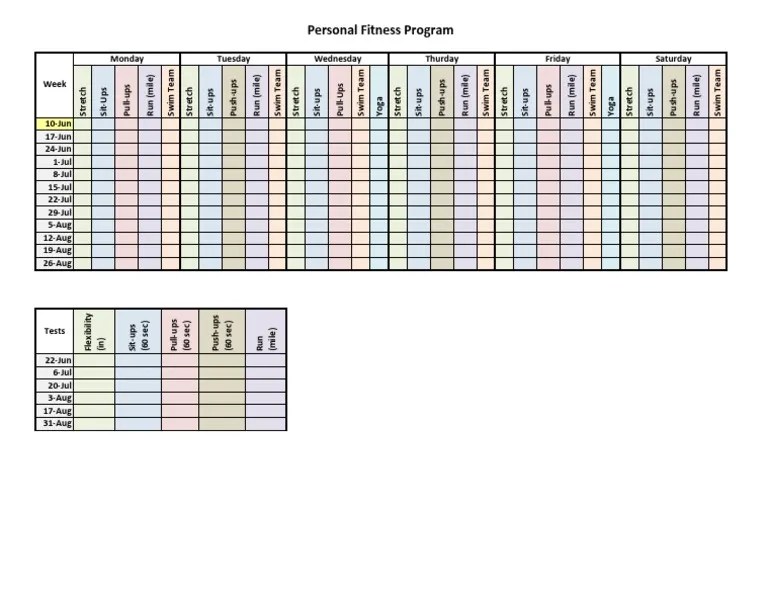
Technology plays a crucial role in enhancing record-keeping for the Sports merit badge. It provides tools and platforms that streamline data collection, facilitate analysis, and simplify reporting.
Numerous apps, software, and online platforms are available to assist with record-keeping. These tools offer features such as data entry templates, automated calculations, and interactive dashboards.
Apps and Software
- Sports Performance Tracker:Allows athletes to track workouts, progress, and performance metrics.
- Data Analysis Software:Provides statistical analysis, graphing capabilities, and data visualization tools.
- Record-Keeping Databases:Stores and organizes data, enabling easy retrieval and reporting.
Online Platforms
- Cloud-Based Platforms:Enables data sharing, collaboration, and access from multiple devices.
- Data Visualization Tools:Creates interactive charts, graphs, and maps to present data effectively.
- Gamification Platforms:Incorporates game-like elements to motivate and engage athletes in the record-keeping process.
Benefits of Technology Integration
- Increased efficiency and accuracy in data collection.
- Enhanced data analysis capabilities and insights.
- Improved reporting and presentation of findings.
- Greater motivation and engagement for athletes.
Limitations of Technology Integration
- Requires access to technology and digital literacy.
- Can lead to data security concerns if not properly managed.
- May reduce the hands-on experience of manual record-keeping.
Resources and Support
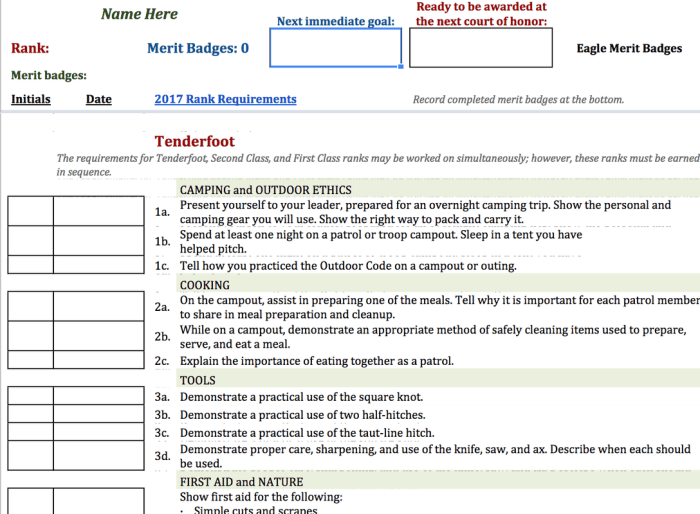
Maintaining effective record-keeping for the Sports merit badge is essential for Scouts and leaders to track progress and ensure accountability. Various resources are available to provide support and guidance throughout the process.
The Boy Scouts of America (BSA) website offers a dedicated section for the Sports merit badge, including downloadable resources such as the merit badge pamphlet, worksheets, and record-keeping templates. These materials provide comprehensive instructions and guidance on completing the badge requirements.
Organizations and Individuals
Several organizations and individuals specialize in providing support for Scouts and leaders in sports-related activities. These entities offer training, resources, and mentorship programs:
- National Alliance for Youth Sports (NAYS): NAYS provides resources and training programs on youth sports safety, coaching, and administration.
- Positive Coaching Alliance (PCA): PCA offers workshops, resources, and certification programs for coaches and parents to promote positive youth sports experiences.
- American Sport Education Program (ASEP): ASEP provides certification and training programs for sports coaches and administrators.
Additionally, local sports clubs, recreation centers, and schools often have experienced coaches or mentors who can provide guidance and support to Scouts working on the Sports merit badge.
Importance of Seeking Support
Seeking support when needed is crucial for ensuring the successful completion of the Sports merit badge. Resources and individuals are available to assist Scouts and leaders with various aspects of record-keeping, including:
- Understanding merit badge requirements
- Developing effective record-keeping systems
- Collecting and analyzing data
- Preparing reports and presentations
By utilizing these resources and seeking support when needed, Scouts and leaders can enhance their record-keeping practices and ensure a rewarding and educational experience.
Ultimate Conclusion: Sports Merit Badge Record Keeping
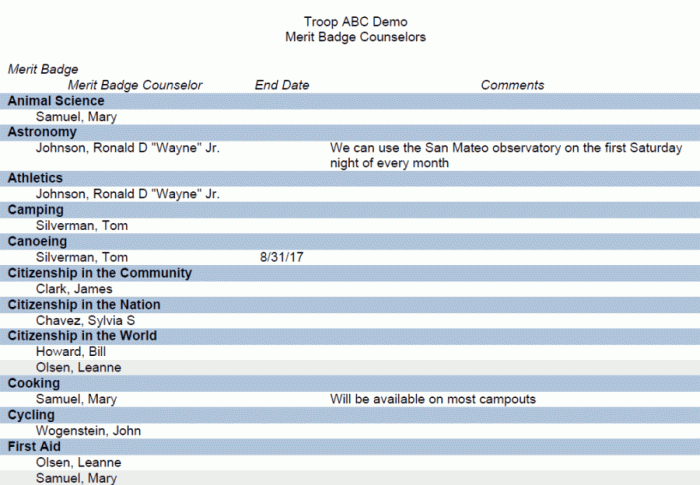
In conclusion, Sports Merit Badge Record Keeping: A Comprehensive Guide serves as an invaluable resource for Scouts and leaders alike. By embracing best practices, integrating technology, and seeking support when needed, individuals can maintain accurate and comprehensive records that showcase their dedication, growth, and accomplishments in the realm of sports.
Frequently Asked Questions
What are the key elements of effective record keeping for the Sports Merit Badge?
Accuracy, completeness, organization, and consistency are crucial for effective record keeping.
How can technology enhance record keeping for the Sports Merit Badge?
Apps, software, and online platforms can streamline data collection, analysis, and reporting, saving time and improving efficiency.
Where can Scouts and leaders find support for record keeping related to the Sports Merit Badge?
Organizations, websites, and experienced individuals offer guidance and assistance to ensure successful record keeping.

